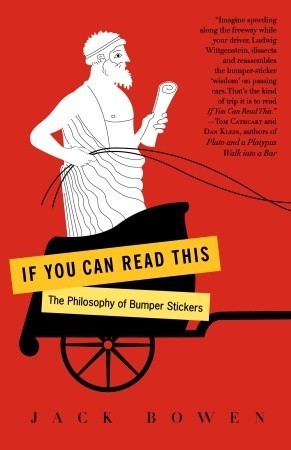What do you think?
Rate this book


240 pages, Paperback
First published January 1, 2010
in frighteningly recent history replacing "clones" with the word "Blacks," "Women," or "Jews" would not have been universally well received. While everyone would agree that all four categories mentioned here are human (i.e., they have human DNA) the question at hand is, "Are they people?". . . . the answer to all of the above is a resounding "Yes."